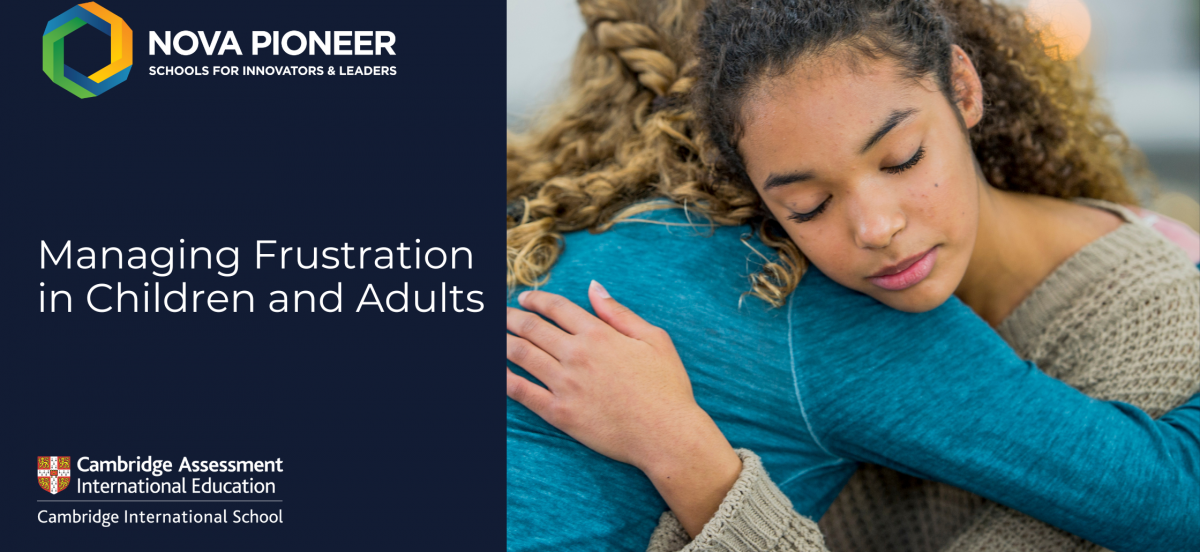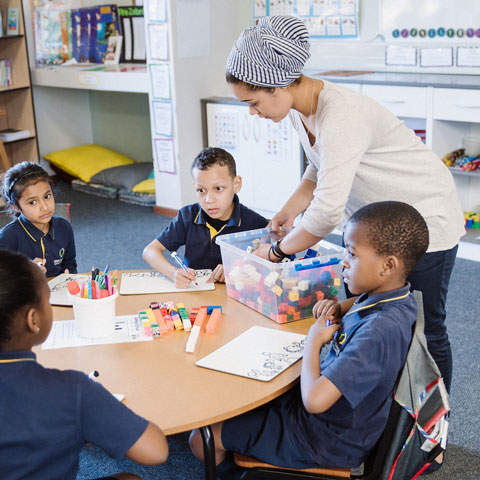As parents and educators, we often see children struggling with frustration, especially as the day progresses. The weight of their experiences builds up, and eventually, they reach a breaking point. This can result in meltdowns, tears, slammed doors, withdrawal, or complete shutdowns. It’s difficult to witness and even harder to navigate as we try to help them regain emotional balance.
At Nova Pioneer, we believe in equipping students with the tools to manage their emotions effectively. Recently, I came across an insightful idea from Big Life Journal about the Tolerance Cup, which inspired me to explore a similar concept with my daughter. We adapted it into the Boiling Pot Analogy—a simple yet powerful way to help children understand and regulate their emotions.
The Boiling Pot Analogy: Understanding Emotional Triggers
Just as a pot slowly heats up before it boils over, frustration and anger build up over time. The key is to recognize what increases the emotional “temperature” before it reaches a boiling point. When I discussed this with my daughter, she identified some common triggers that caused her frustration to rise:
- Feeling rushed to complete tasks
- Being overwhelmed with too many responsibilities
- Being teased or excluded
- Getting hurt
- Struggling to finish work quickly
- Having to complete homework before playing
These triggers can accumulate throughout the day, leading to an emotional overflow. Helping children identify their stressors is the first step in managing frustration effectively.
Cooling Down the Boiling Pot: Healthy Coping Strategies
Once we identified the triggers, we worked together to find strategies that could help keep the pot from boiling over. My daughter shared activities that help her feel calm and reset her emotions, such as:
- Laughing with her sibling
- Receiving a reassuring hug
- Listening to soothing music or recitations
- Engaging in creative activities like painting
- Playing outside with friends
- Cuddling with her stuffed animals
- Taking deep breaths and practicing mindfulness
These small yet meaningful actions act as a cooling mechanism, helping emotions settle before they escalate. By encouraging children to develop healthy coping mechanisms, we empower them to self-regulate and navigate challenging moments with confidence.
Encouraging Emotional Awareness and Resilience
At Nova Pioneer, we emphasise the importance of Social-Emotional Learning (SEL) as part of our curriculum. Teaching children to recognize early signs of frustration and proactively address them fosters emotional intelligence and resilience—skills that will benefit them throughout their lives.
We encourage parents and educators to try this approach at home and in the classroom. Open conversations about emotions and strategies to manage them create a supportive environment where children feel heard, understood, and equipped to handle life’s challenges.
By shifting our perspective and helping children understand their emotional triggers, we can guide them toward healthier responses, reducing stress and fostering a more balanced and fulfilling experience—both in school and beyond.
Let’s work together to ensure our children develop the emotional tools they need to thrive in an ever-changing world!

